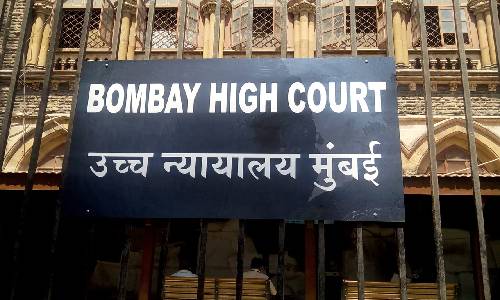
In the case of Vision Projects Technologies Pvt. Ltd. v. OSV Crest Mercury, the pendency of an arbitration proceeding between the parties on the same cause of action is not a bar to the institution of an admiralty suit. The parties signed a Bareboat Charterparty BAREON 2001 on October 19, 2015, for a period of five years, under which the respondent undertook repairs, a special survey, and drydocking on the vessel. The parties got into a disagreement over who should be paid for the said work.
As a result, the applicant submitted a request for the appointment of the arbitrator, which the Court approved. The respondent then submitted an application for the arrest of the ship together with a Commercial Admiralty Suit for the collection of its claims. The respondent was given ex-parte ad-interim relief from arrest by the court.
The applicant filed an application to vacate the order of arresting the ship because he was upset by the court's decision. The applicant argued that the admiralty action in rem in aid of security for an Indian arbitration process is not permitted by law because there is already an arbitration hearing ongoing between the parties.
The petitioner additionally argued that the lawsuit was only brought to provide security for an arbitration procedure, and the Bombay High Court Division Bench rejected this argument in Altus Uber v. Siem Offshore Rederi AS.
The respondent argued that a party with a maritime claim is nevertheless eligible for right in rem regardless of the start of any in-personam proceedings regarding the same claim or cause of action.
The Court determined that the pending status of an arbitration case involving the same parties and a similar cause of action does not preclude the filing of an admiralty lawsuit.
The Court noted and decided that the charterer would still be permitted to file an admiralty lawsuit for the recovery of its debts and the seizure of the ship in an action in rem even though the vessel owner had already initiated an arbitration proceeding against the charterer.
The court determined that the applicant's reliance on the court's ruling in Altus Uber (supra) was misplaced because that ruling merely issued a warning that in an admiralty case where a request for the arrest of a ship is also made in order to secure the claim in arbitration, the court should determine whether or not Section 4 of the Admiralty Act has been complied with.
The respondent has submitted a substantive claim for the recovery of its debts, and the court concluded that if one carefully reads the respondent's whole plaint, it cannot be stated that the suit was only brought to arrest the ship to secure the claim in the arbitration.
According to the Court, the respondent's claim qualifies as a maritime claim under Section 4 of the Admiralty Act. As a result, it denied the applicant's objection.

